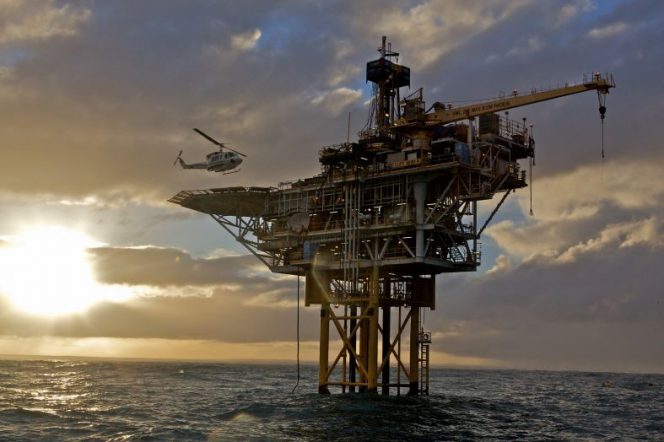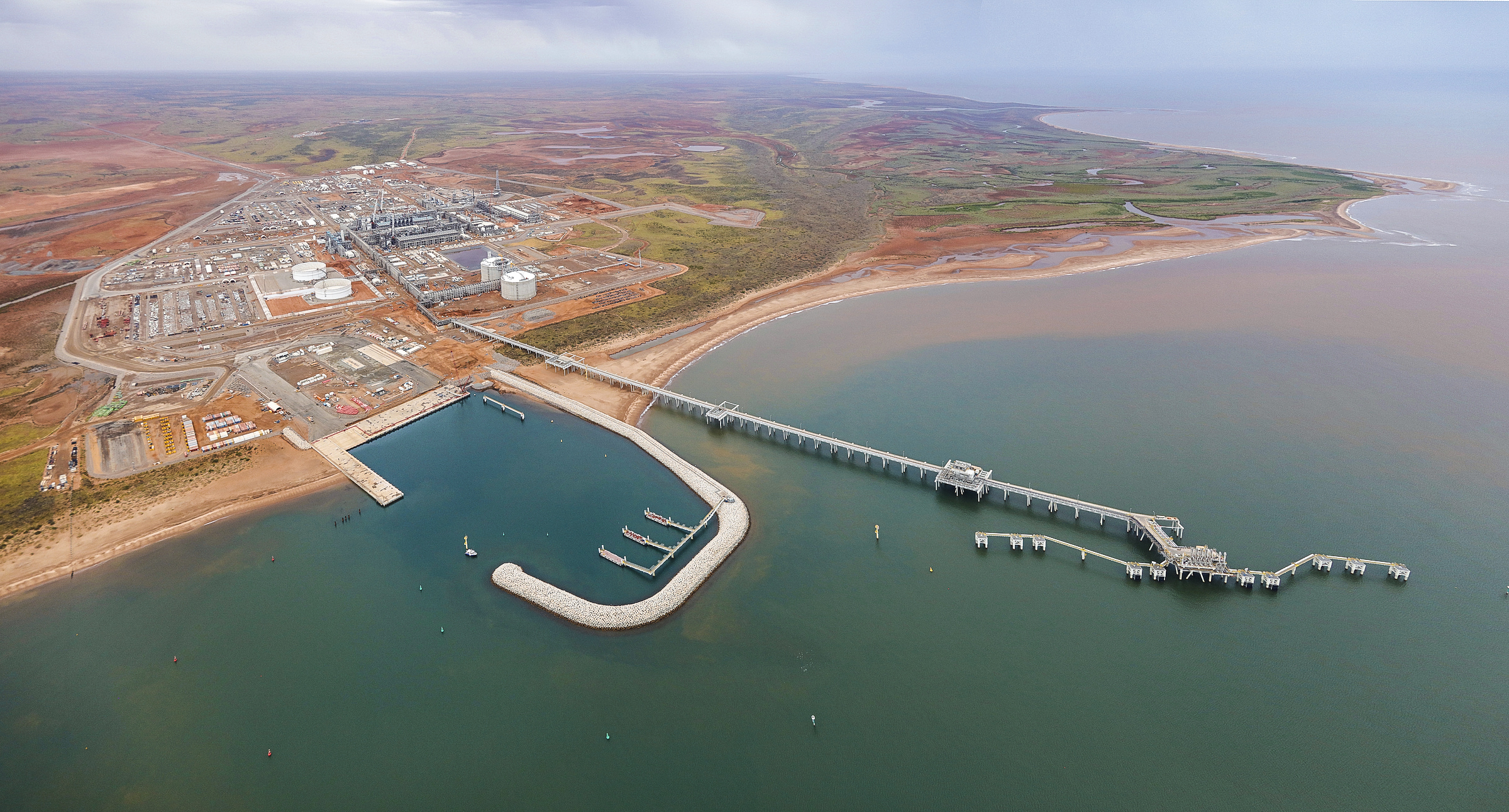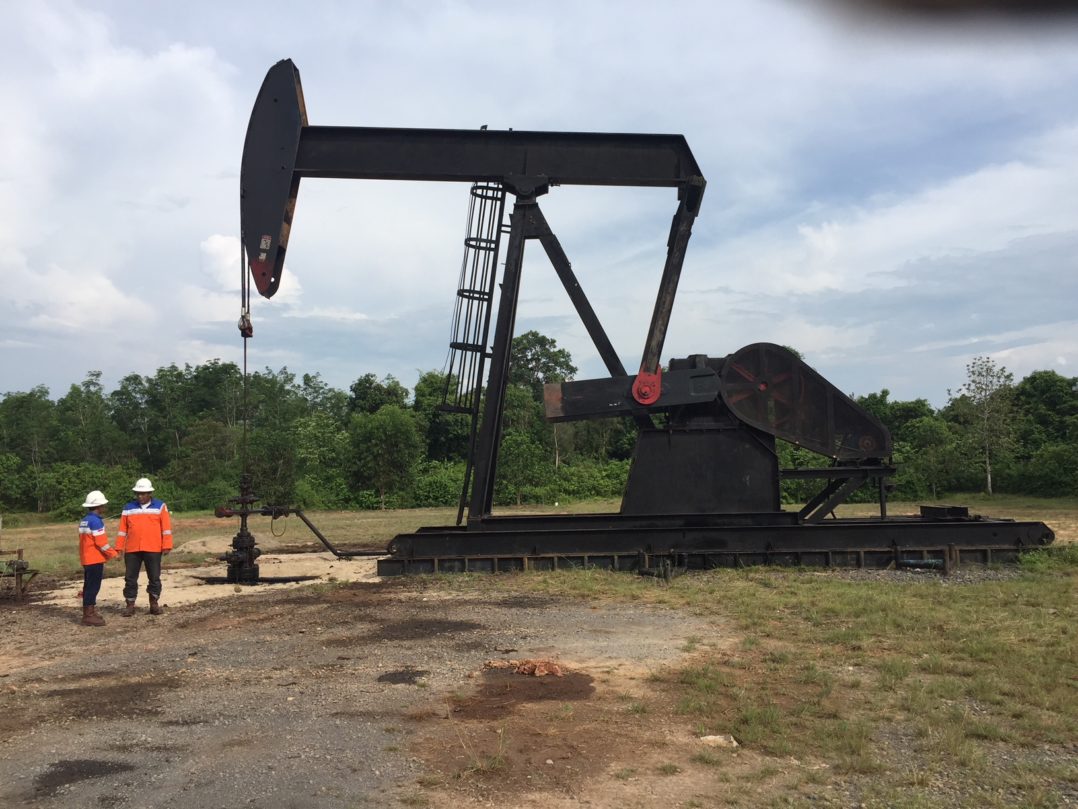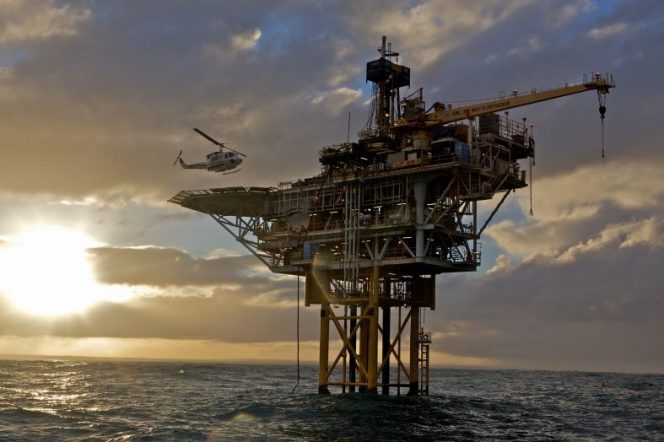Triangle Energy has asserted that no hydrocarbons were sighted in the marine environment or shoreline following a “low-level spill” and shut in at the Cliff Head Alpha platform in the Perth Basin, 14km offshore Western Australia.
Severe weather and rough seas last Tuesday caused a small crack in the flow meter on the CH6 Well, prompting the suspension of production and the launching of an Oil Pollution Emergency Plan (OPEP) to conduct safety and environmental assessments.
Triangle Energy said in a statement that the loss of produced fuel comprised zero to 10,000 litres. After no hydrocarbons had been sighted on Thursday from aerial and shoreline surveillance, the company had stood down its Incident Management Team on Friday.
The incident came after Triangle had revealed during July that exploration targets near Cliff Head had identified a prospective volume of 29 million barrels of oil, representing an 80% increase from initial estimates of 15.7 million barrels.
“Based on our satellite tracking buoy data, trajectory modelling, and in conjunction with the Department of Transport, multiple teams of trained personnel were deployed to cover approximately 20 kilometres of shoreline on foot,” Triangle managing director, Mr Rob Towner, said.
“In addition, multiple aerial surveillance flights covered the ocean and shoreline.
“We are pleased to report that after extensive monitoring, no observations of hydrocarbons have been sighted and we have been able to stand down our IMT.
“This reaffirms Triangle’s belief that the vast majority of produced fluid remained on the platform itself and any amount which entered the marine environment was negligible and most likely dispersed naturally in the rough seas.”





